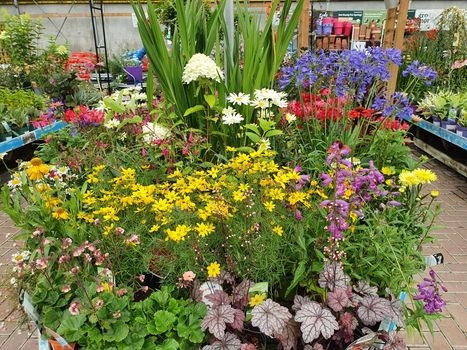Soil quality plays a critical role in the success of any garden, serving as the foundation for plant health and growth. A thriving garden relies on a complex interplay of nutrients, structure, and biological activity within the soil. Healthy soil not only supports plant roots but also provides essential nutrients, water retention, and a habitat for beneficial organisms. Understanding and improving soil quality is vital for both novice and experienced gardeners who wish to create a vibrant and productive garden. The composition of soil greatly affects plant growth. Soil is made up of minerals, organic matter, air, and water. Each component contributes uniquely to the overall health of the soil. Mineral content, particularly, dictates the availability of essential nutrients such as nitrogen, phosphorus, and potassium, which are crucial for plant growth. A balanced nutrient profile ensures that plants can achieve optimal growth, produce flowers, and yield fruit. Soil pH is another essential factor; most plants thrive in slightly acidic to neutral pH levels.

Testing and amending soil pH can significantly influence plant health, making it easier for roots to absorb necessary nutrients. Well-structured soil allows for adequate air circulation, which is vital for root respiration. Compacted or poorly structured soil can lead to waterlogging, causing root rot and inhibiting plant growth. Conversely, overly sandy soil may drain too quickly, failing to retain moisture necessary for plant survival. By improving soil structure through organic matter addition, such as compost, gardeners can enhance moisture retention and promote healthy root development. Soil quality is also determined by its biological activity. A rich community of microorganisms, fungi, and earthworms contributes to nutrient cycling and the breakdown of organic matter. These organisms help to create a healthy ecosystem within the soil, which in turn supports robust plant growth. Healthy soil teems with life, providing Garden plants with not only the nutrients they require but also the resilience to combat pests and diseases.
Practices such as crop rotation, cover cropping, and reduced tillage can enhance soil biology, leading to a thriving garden environment. Sustainable gardening practices emphasize the importance of maintaining and improving soil quality over time. Regularly adding organic matter, minimizing chemical inputs, and practicing crop rotation are effective strategies for building and maintaining healthy soil. Mulching can help regulate soil temperature and moisture, further promoting healthy plant growth. By prioritizing soil quality, gardeners can create a self-sustaining ecosystem that supports not only their plants but also the surrounding environment. Ultimately, the health of a garden is directly linked to the quality of its soil. Investing time and effort into understanding and improving soil conditions leads to more robust plants, higher yields, and a more sustainable gardening practice. Whether growing vegetables, flowers, or ornamental plants, attention to soil quality is fundamental for creating a thriving garden that flourishes for years to come.
